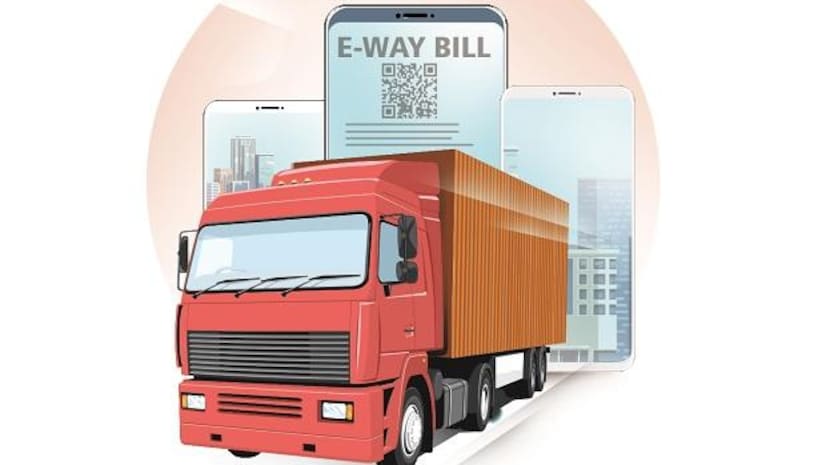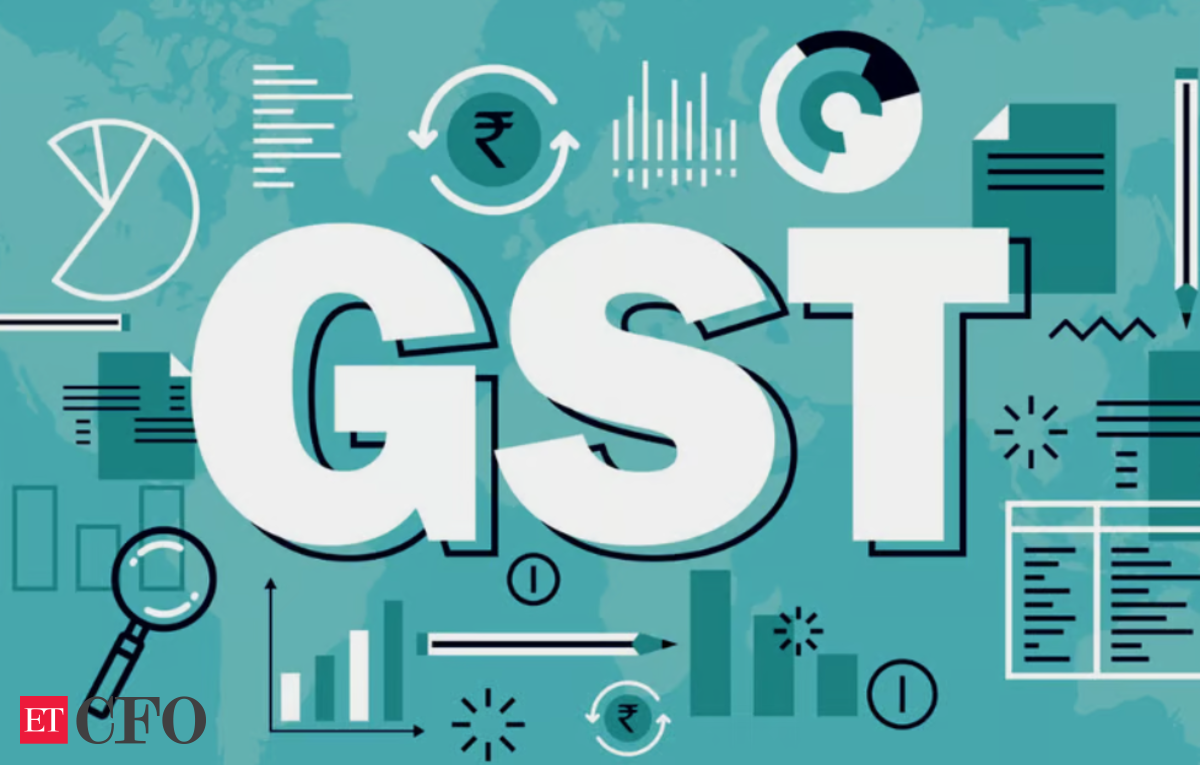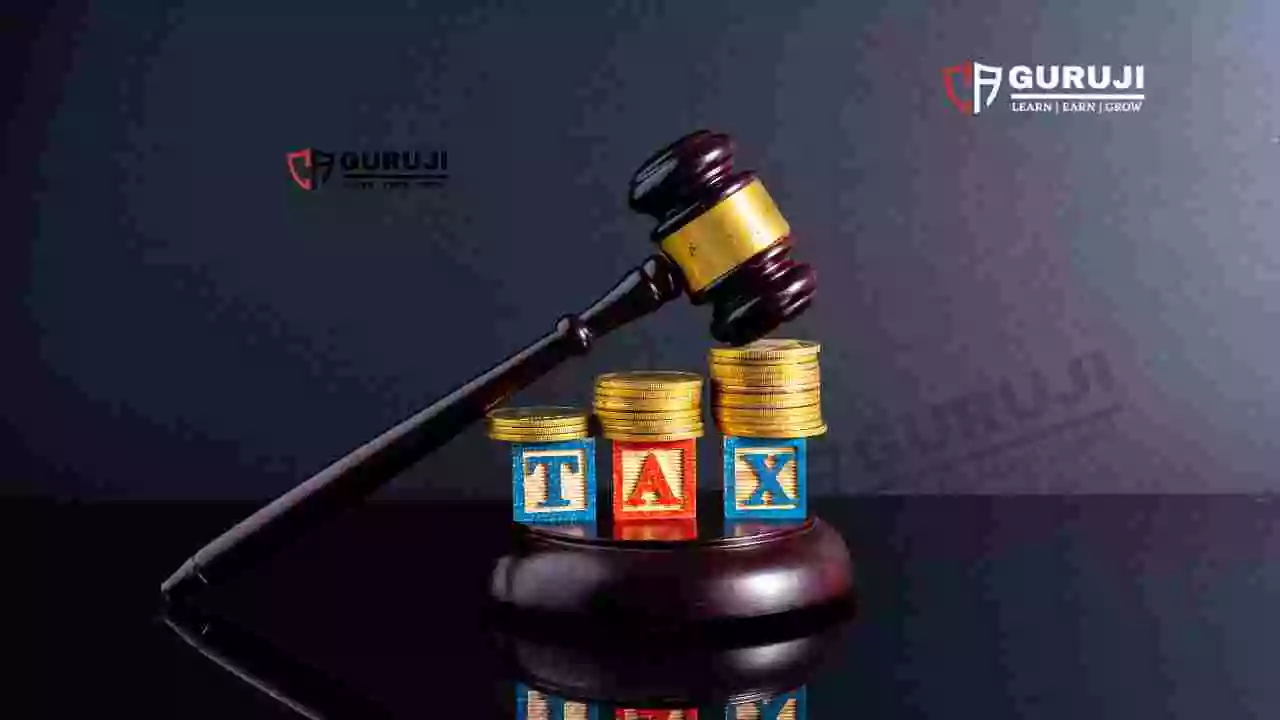Goods and Services Tax (GST) authorities have dropped a plan to block generation of goods transportation permits, or e-way bills, from 1 March for companies that fail to produce ‘e-invoices’ for their wholesale transactions through designated portals. These portals aid in more accurate data capturing across various tax forms using a standardized invoice.
This decision likely stems from the difficulties businesses, particularly small and medium enterprises, encounter in generating e-invoices, such as increased administrative work and the need for technological upgrades.
E-invoices, readable across different software, eliminate the need for re-entering data and promote tax compliance. They automatically update transaction data in other tax documents like e-way bills and GST returns, enhancing economic activity oversight.
The initial plan to deny transportation permits to firms not issuing e-invoices for business-to-business transactions aimed to boost tax compliance. The heightened reporting demands under the GST regime contribute to the economy’s formalization and tax compliance.
The National Informatics Centre (NIC), under the ministry of electronics and information technology and managing some GST reporting portals, in an update said that the plan to block e-way bill generation without an e-invoice has been deferred, without specifying a new date for its potential reintroduction.
Initially, e-invoicing was mandatory for businesses with sales over ₹ 500 crore, but now it applies to those with annual sales exceeding ₹ 5 crore. It is not required for retail sales to end consumers.
Tax experts note that linking e-way bill generation to e-invoice details offers benefits and challenges.
Rajat Mohan, senior partner at AMRG & Associates, said it could improve tax compliance and reduce evasion by aligning transportation and invoice data. However, it may increase administrative burdens, particularly for small and medium enterprises facing compliance costs and technology updates.
The transition could lead to disruptions and compliance errors. While the scheme aims for streamlined tax processes, businesses must adapt and manage potential errors in a dynamic tax environment. The government’s decision to retract the proposal indicates the challenges faced, but businesses await clarity on the revised implementation timeline, Mohan added.
Since its rollout in July 2017, GST has significantly boosted revenue, with monthly collections now averaging ₹1.66 trillion, nearly double the amount in the initial GST year. This rise in indirect tax compliance has also driven an increase in direct tax collections, making the under-reporting of sales more difficult.
Visit www.cagurujiclasses.com for practical courses










Dear Madam,
We have a registered dealer and B2B Supplier and make e-Invoicing with e-Way Bill from the date of inception and mandatory as per GST Act & Rules. Further, in this regard we have an issue of e-Way Bill where we procure material from outside of our location and trying to sell the material to customer from that location, unfortunately in some situation we are unable to do because we could not find the customer. Meanwhile, for this said cause we opt to send material to our warehouse through Delivery Challan and generate e-Way Bill as it is mandatory to implement GST Act & Rules,. Meanwhile, from procurement location to destination point there is no transaction value shown only lump sum value & Quantity shown in delivery Challan as it is same GSTIN transfer. Subsequently, we have faces this type of obstacle sometime not every time and for that we unable to make e-Invoices with e-Way Bill. Now, if the GST authorities drop plan to enforce stricter e-Way Bill norms from 1st March, 2024 for companies that fail to produce e-Invoices for their wholesale transactions through designated portals. Now, this decision likely stems more difficulties for us and encounter in generating e-Invoices after 1st March, 2024 onwards.
So, therefore, you are requested to kindly suggest us, what can we do for the above issue? Please give us your valuable suggestion, so that we can prepare and ready for next task.
With regards,
Your truly,
Arindam Bhattacharjee
Guwahati
Contact No.9435190449
Dear Madam,
We have a registered dealer and B2B Supplier and make e-Invoicing with e-Way Bill from the date of inception and mandatory as per GST Act & Rules. Further, in this regard we have an issue of e-Way Bill where we procure material from outside of our location and trying to sell the material to customer from that location, unfortunately in some situation we are unable to do because we could not find the customer. Meanwhile, for this said cause we opt to send material to our warehouse through Delivery Challan and generate e-Way Bill as it is mandatory to implement GST Act & Rules,. Meanwhile, from procurement location to destination point there is no transaction value shown only lump sum value & Quantity shown in delivery Challan as it is same GSTIN transfer. Subsequently, we have faces this type of obstacle sometime not every time and for that we unable to make e-Invoices with e-Way Bill. Now, if the GST authorities drop plan to enforce stricter e-Way Bill norms from 1st March, 2024 for companies that fail to produce e-Invoices for their wholesale transactions through designated portals. Now, this decision likely stems more difficulties for us and encounter in generating e-Invoices after 1st March, 2024 onwards.
So, therefore, you are requested to kindly suggest us, what can we do for the above issue? Please give us your valuable suggestion, so that we can prepare and ready for next task.
With regards,
Your truly,
Arindam Bhattacharjee